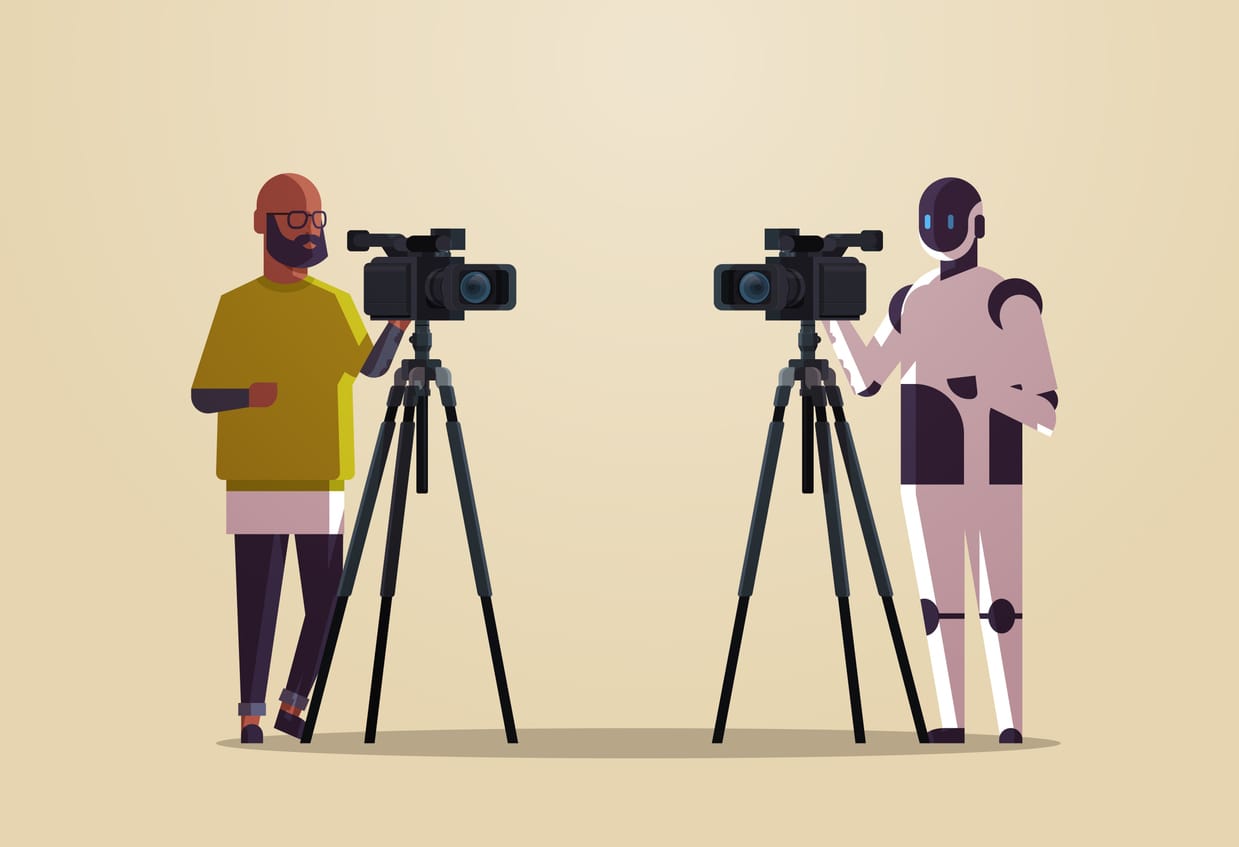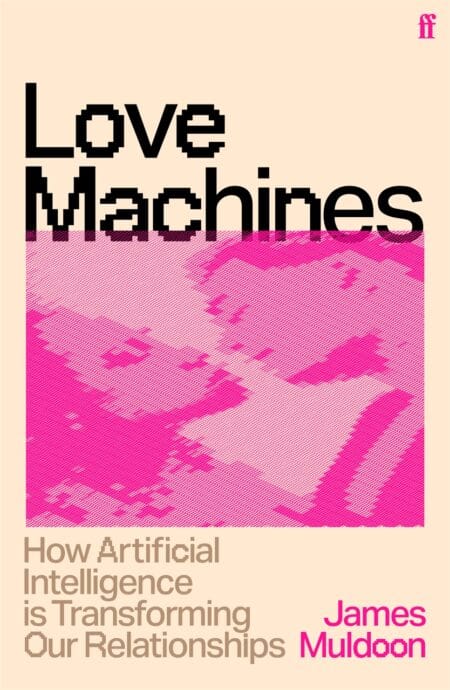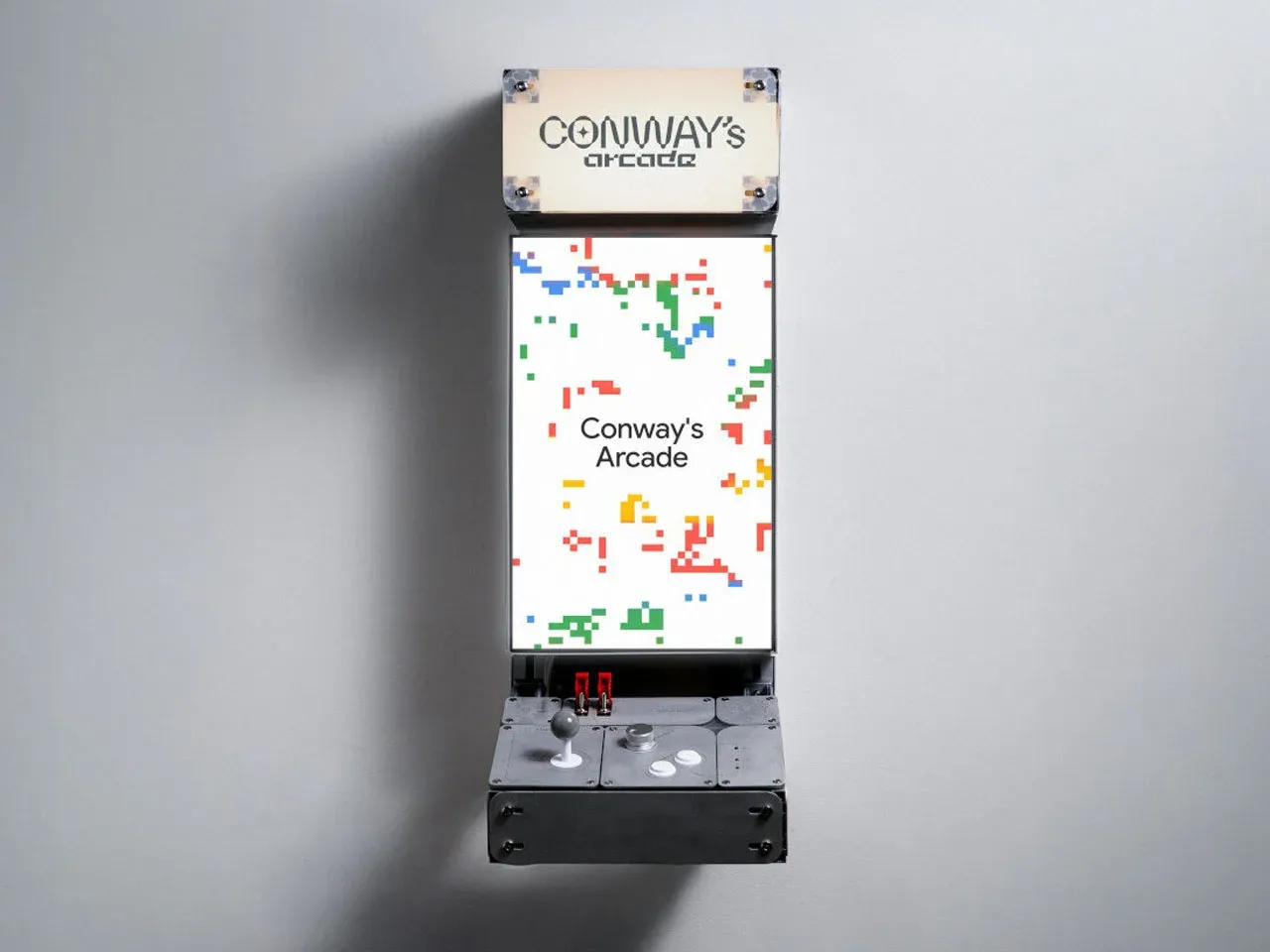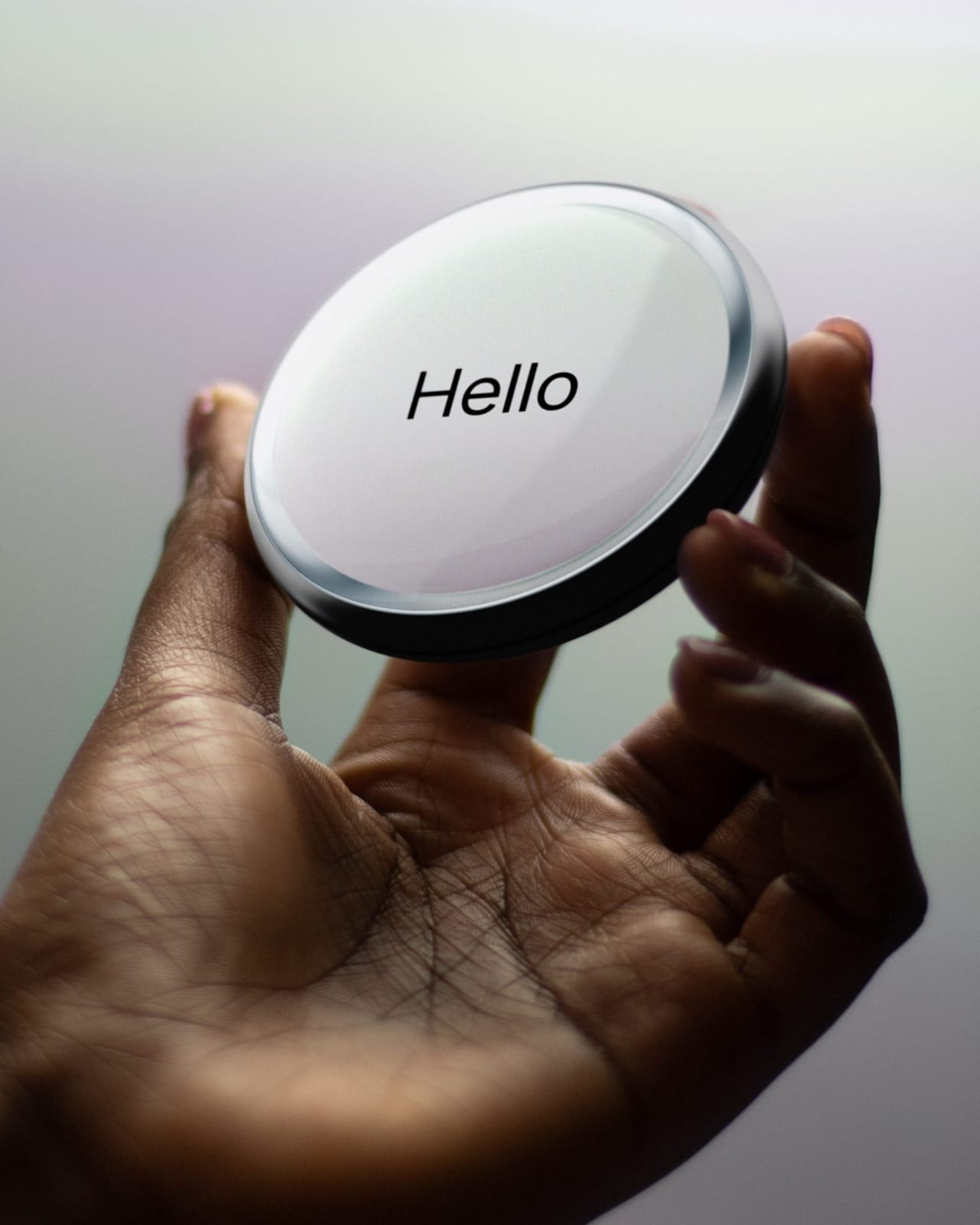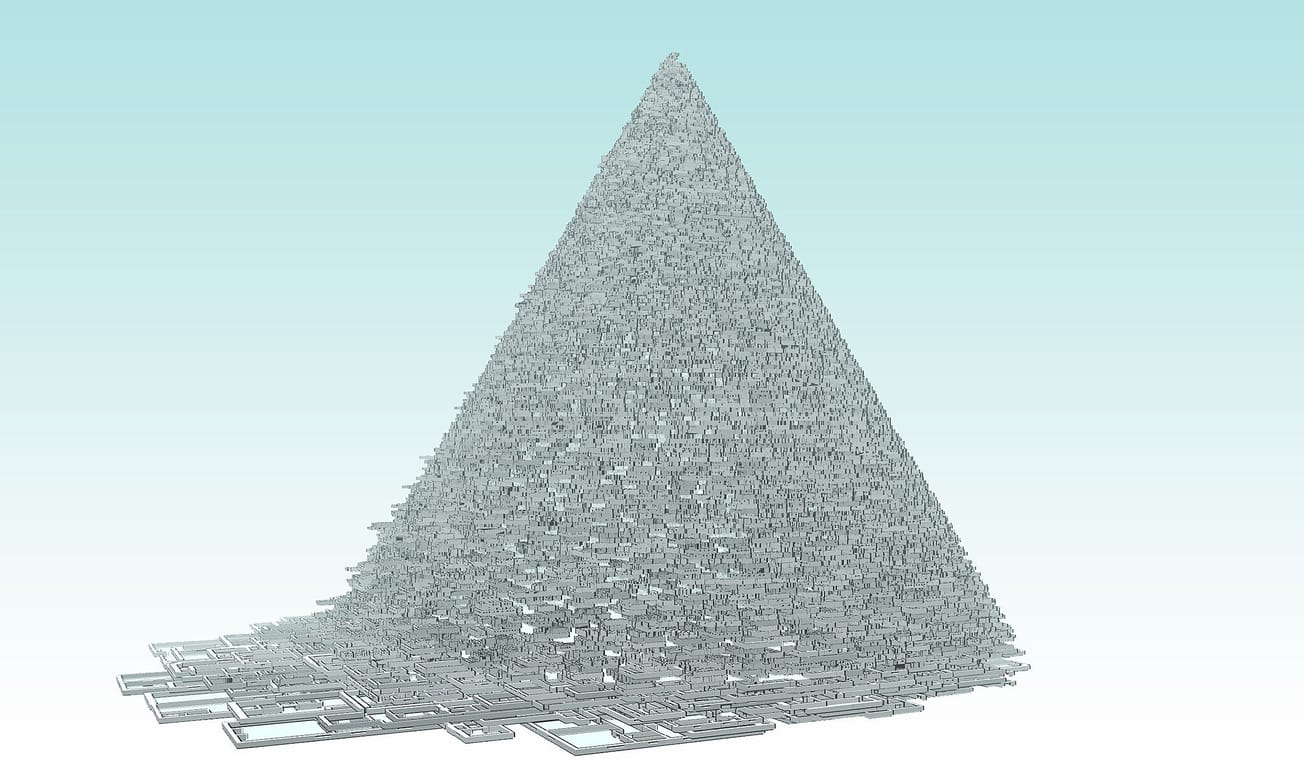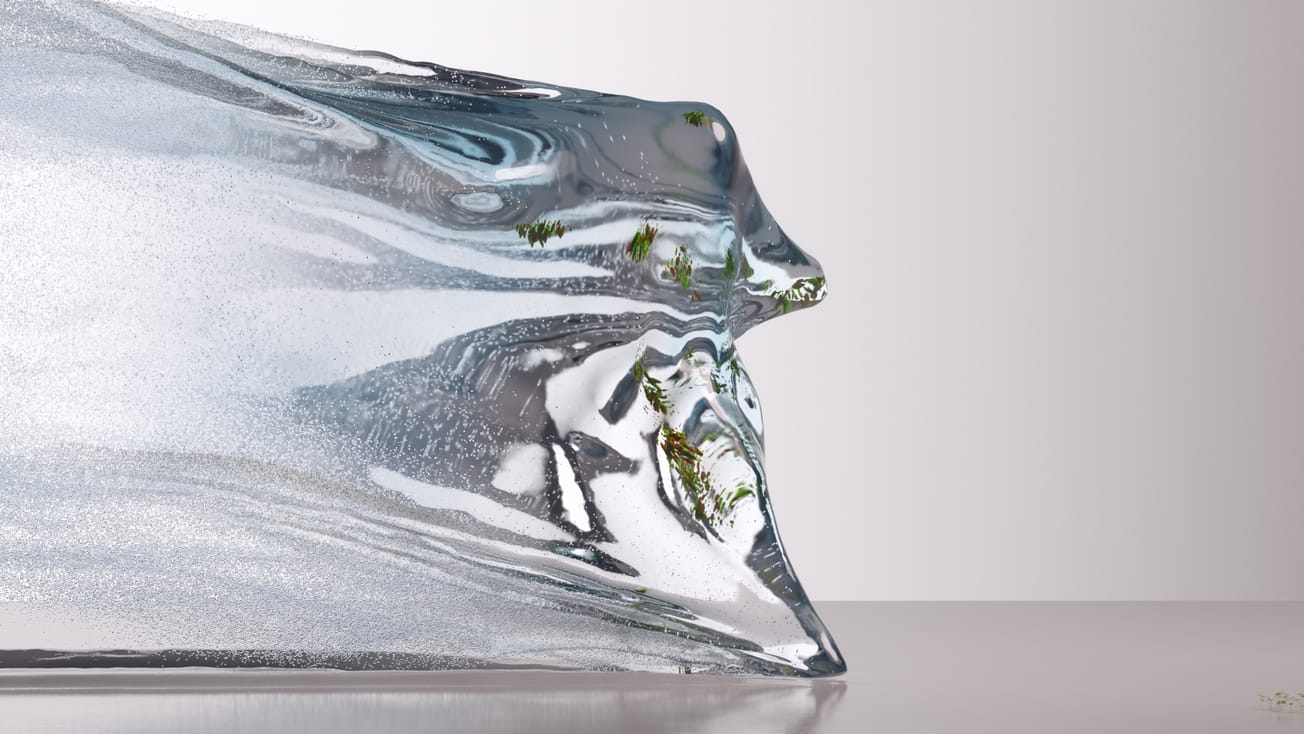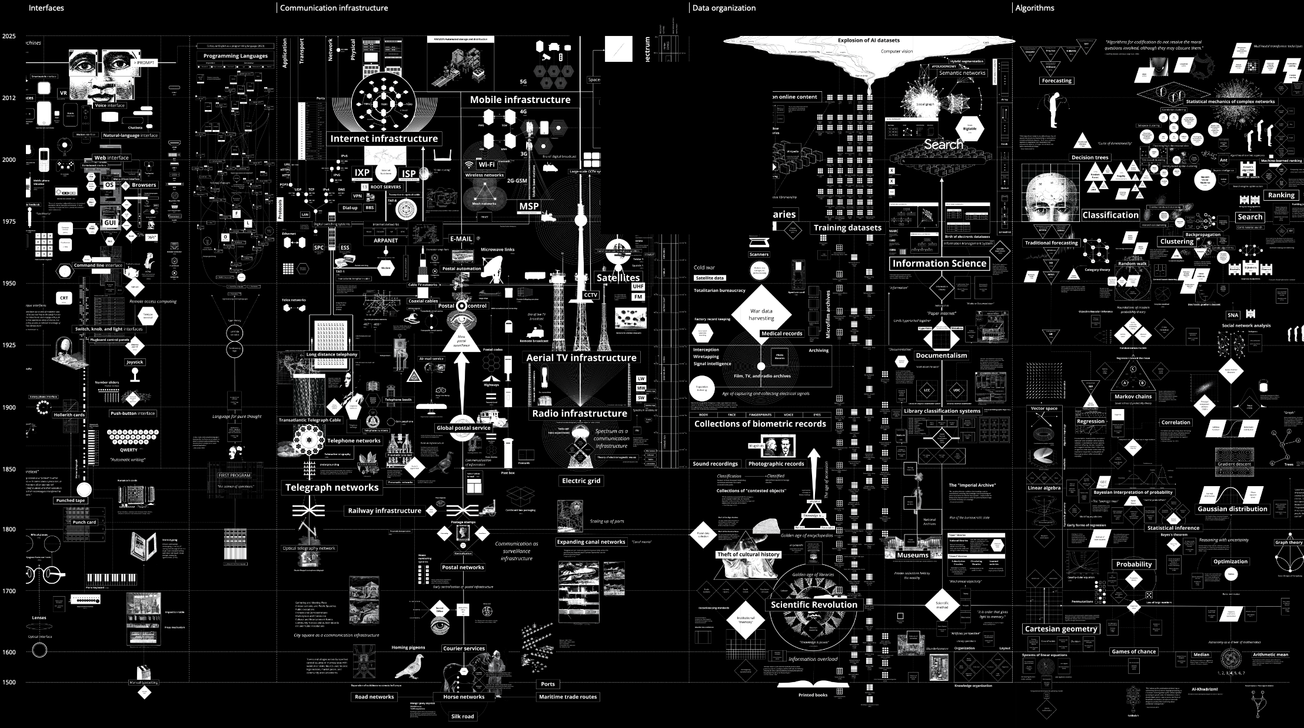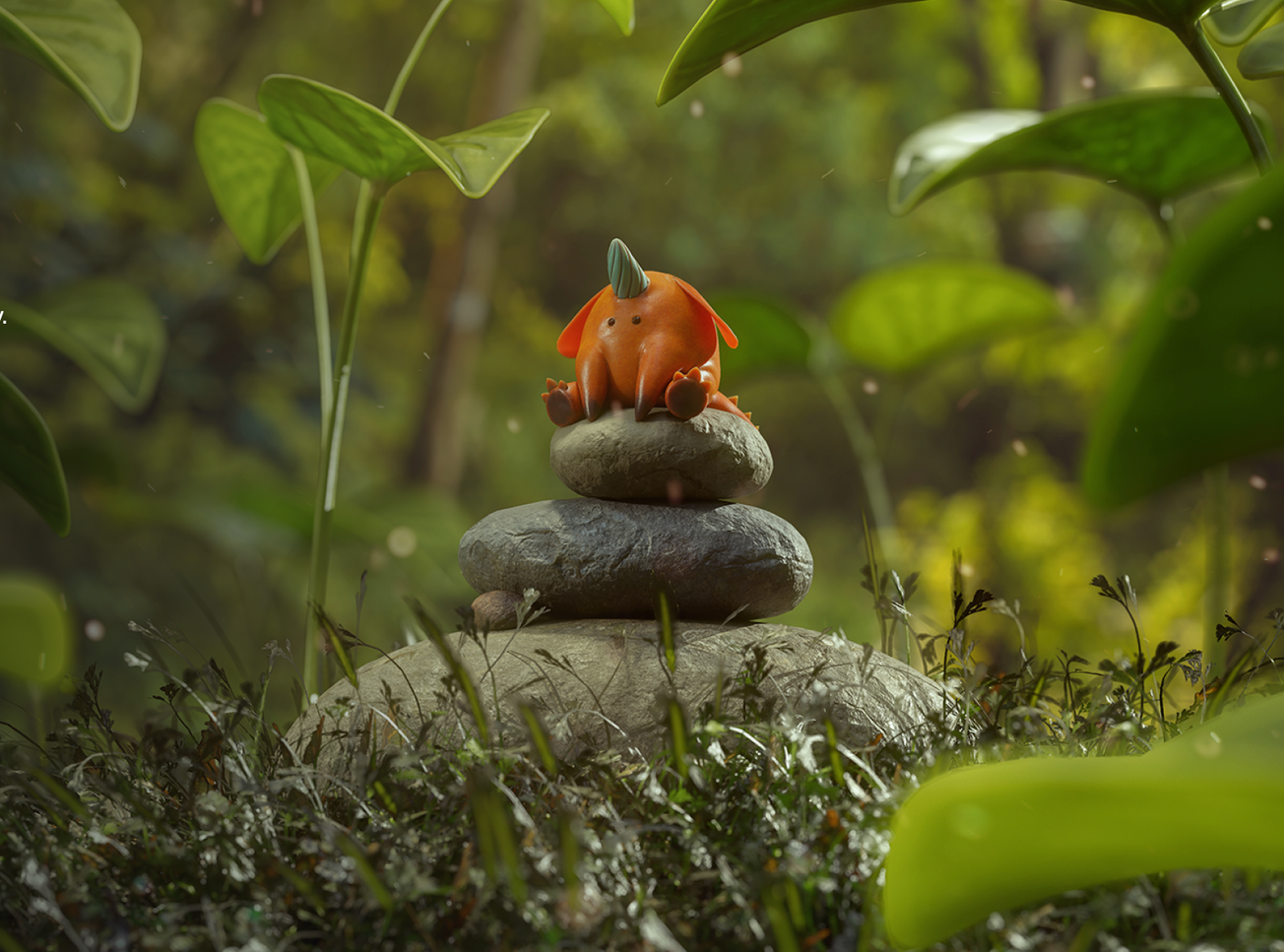Cinema has always evolved with technology. From the Lumière Brothers’ first experiments to today’s blockbusters, every leap—sound, montage, digital editing—has reshaped how stories are made and experienced. Now, artificial intelligence (AI) is entering the production pipeline, altering not just workflows but also the nature of storytelling itself. AI in filmmaking is less about replacing directors or writers and more about amplifying their tools. From scriptwriting to visual effects, audience analytics, and personalized content, machine learning is reshaping cinema in ways both practical and cultural.
From Script to Screen: AI in Storytelling and Production
The creative process begins with the script, and AI is emerging as both collaborator and critic. Algorithms trained on vast archives of screenplays can analyze plot arcs, dialogue flow, and character development, offering real-time feedback to writers. Studios are also experimenting with predictive models that estimate a screenplay’s commercial potential, drawing on correlations between cast, genre, and past box office performance.
The benefit is clear: faster iteration and new perspectives. The risk, however, is homogenization. When every script is optimized for data-driven success, originality may take a back seat. The challenge for writers is balancing predictive insight with creative unpredictability—the very spark that makes cinema compelling. Once production begins, AI steps in again. Visual effects (VFX) have been transformed by deep learning tools that automate labor-intensive tasks like rotoscoping and green screen removal. These efficiencies free VFX teams to focus on higher-level worldbuilding and creative integration. AI is also improving post-production workflows, with editing software capable of matching shots, checking continuity, and assisting in scene assembly.
Sound design is experiencing similar disruption. Machine learning systems can remove background noise, enhance dialogue, or even generate original scores and effects. Instead of replacing sound designers, these tools extend their range, making experimentation faster and less costly.
Audience Insights and Market Analytics
If filmmaking is an art, it is also an industry—and AI is increasingly central to its business logic. Studios now rely on predictive analytics to forecast audience response, box office performance, and even optimal release timing. By processing millions of data points—cast, season, marketing spend, social sentiment—AI systems can give executives a probabilistic view of a film’s chances before cameras even roll.
The influence doesn’t stop there. During marketing campaigns, real-time analytics enable studios to test and refine trailers, promotional art, and ad placements for specific audience segments. AI can adjust campaigns dynamically based on audience reactions, making distribution strategies more adaptive and cost-efficient. This predictive infrastructure isn’t just for major studios. Smaller production companies can use AI insights to identify underserved niches, helping them compete against blockbuster franchises with more targeted releases.
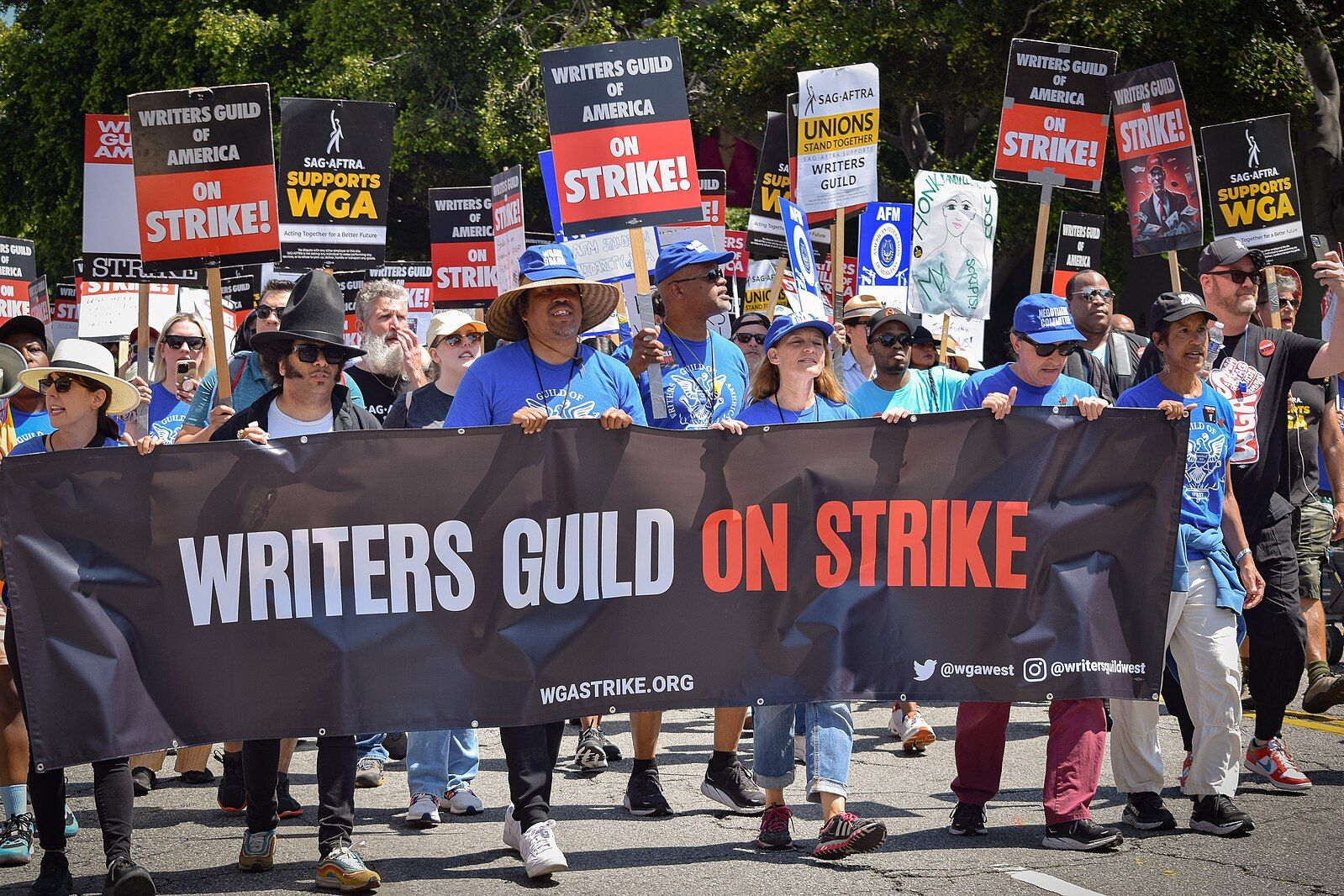
Personalization, Ethics, and the Hybrid Future
Perhaps the most experimental frontier of AI filmmaking is personalization. Imagine a streaming platform delivering slightly different cuts of the same movie based on viewer preferences—altering pacing, music, or even visual tone to suit individual tastes. While still nascent, this idea underscores how AI could blur the boundary between audience and filmmaker, turning cinema into a responsive medium. Yet this adaptive potential comes with ethical and creative tensions. If AI helps write a script or generate visual sequences, who owns the intellectual property? Should rights be attributed to the filmmaker, the AI developer, or the dataset that shaped the model? For labor advocates, there is also concern about automation eliminating entry-level jobs in editing or VFX, roles that historically provided pathways into the industry.
More broadly, the cultural risk lies in narrowing diversity. If predictive models favor what has worked before, films may become trapped in cycles of repetition. The most enduring works in cinema history—from Citizen Kane to Moonlight—were not predictable successes but creative leaps. Despite these challenges, AI is unlikely to replace the creative heart of filmmaking. Instead, the future will be hybrid: algorithms handling optimization and automation, while human filmmakers continue to shape the cultural and emotional core of cinema.

